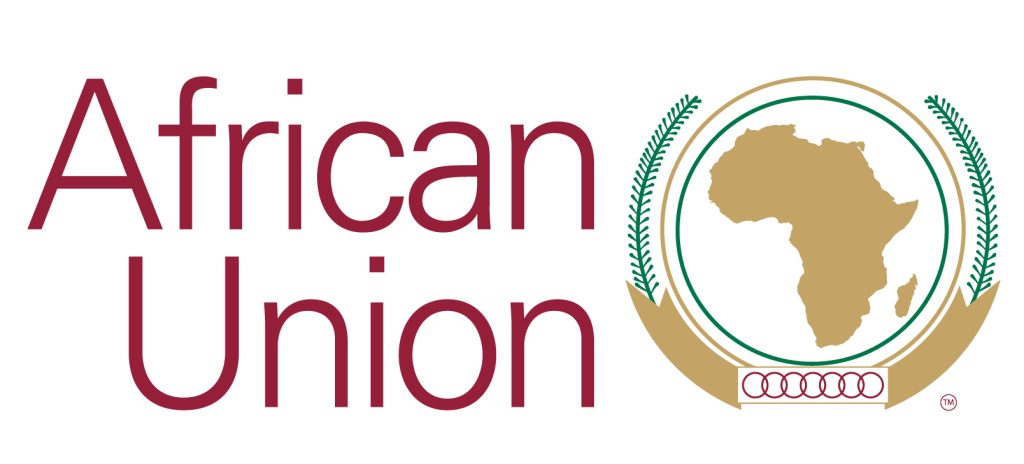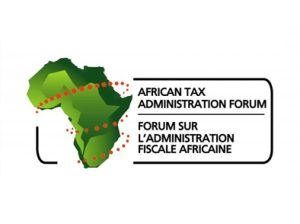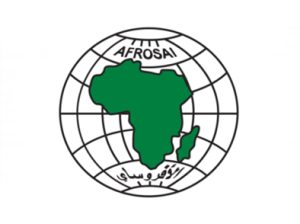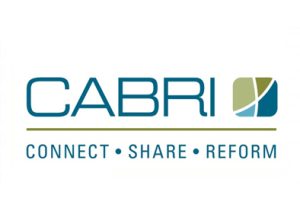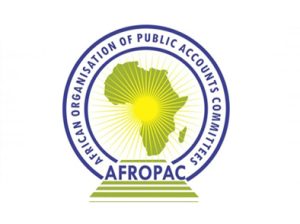

Tackling Tax Related IFFs in Africa
- Home
- Department
- Tackling Tax Related IFFs in Africa
Tackling Tax related Illicit Financial Flows in Africa:
The term “Illicit Financial Flows” (IFFs) was first coined in the 1990s and was initially associated with capital flight, a phenomenon typically associated with outflows of money from a country. It now generally refers to cross-border movement of capital associated with illegal activities, or more explicitly, money that is illegally earned, transferred or used. Although the expression “Illicit Financial Flows” is increasingly used, no agreement could thus far be reached on its precise definition. There is an ongoing global discussion on whether and what commercial activities – which lead to tax avoidance – should be regarded as part of IFFs, considering that many business practices to lower tax liabilities are legal (at least) according to the letter of the law.
However, there is consensus that IFFs cover three areas that overlap in practice:
- Acts that are illegal in themselves (such as corruption and tax evasion)
- Funds that are gained from illegal acts (for example, smuggling and trafficking in minerals, wildlife, drugs and people)
- Funds that are used for illegal purposes (such as financing organised crime)
The impact of IFFs
Although these criminal activities are damaging to countries worldwide, Africa is especially vulnerable because of the fact that most countries have a rapidly growing national debt and scarce financial resources. The leakage of wealth from poor countries through tax evasion, money laundering, trade mispricing and other misdeeds poses a huge challenge to political security, and economic and social development on the continent. This is particularly the case in fragile and conflict-affected states as well as in resource-rich countries – illegal activities are more concentrated in the extractive and mining industries than others. In addition, weak governance is regarded as an enabler and a consequence of IFFs.
The Role of Good Financial Governance:
The Good Financial Governance (GFG) in Africa programme supports a pan-African dialogue on IFFs on behalf of the German Federal Ministry for Economic Cooperation and Development (BMZ), co-funded by the European Union and the Ministry for Foreign Affairs of Finland. The overall objective of the Multi-Donor Action is to contribute to reducing Illicit Financial Flows in Africa. The project will leverage on existing partnerships and develop new approaches to enhance activities to combat Illicit Financial Flows.
The specific objective of the Action are:
The capacities of the AUC in the development, implementation and monitoring of anti-IFF measures at reginal and national level are strengthened.
Understanding and awareness of the nature and extent of IFFs in Africa is increased among public institutions (including the AUC and AU member states) and CSOs.
Accountability of public institutions regarding IFFs is improved at national and regional levels, through the implementation, among others, of good governance standards
Increased effectiveness of pilot government efforts to tackle IFFs.
Partner organisations
The GFG in Africa programme supports the African Union Commission together with regional networks in their efforts in combating IFFs:
- The African Tax Administration Forum (ATAF)
- The African Organisation for Supreme Audit Institutions (AFROSAI),
- The Collaborative Africa Budget Reform Initiative (CABRI)
- The African Organisation for Public Accounts Committees (AFROPAC)
The Multi-Donor Action Approach Timeline:
- Provided technical and financial assistance at various workshops related to IFFs organised by the partner networks. One of these workshops was AFROPAC’s conference on IFFs in Kenya in August 2016. The conference raised awareness on the role of African legislators in the fight against IFFs.
- Organised a one-day IFFs workshop in Pretoria in July 2016. The objective was to discuss strategies, activities and potential implementation gaps with the partner networks and development partners. The outcome of the workshop underlined the necessity to better translate the political awareness on IFFs into effective in-country actions. This event was the first step in the process of organising a pan-African conference on IFFs and GFG in 2017.
- Integrated the topic of IFFs into ATAF’s blended learning audit course and the Executive Master’s in Taxation curriculum. The aim is to create a deeper understanding and broaden the awareness of the topic, and establish possible starting points among tax officials in both Francophone and Anglophone African countries to enable them to tackle it.
- Started supporting AFROSAI in planning a parallel audit on IFFs, in collaboration with a number of Supreme Audit Institutions (SAIs) across Africa. It will serve the dual purpose of raising IFFs as an issue for SAIs, as well as documenting lessons learnt and guidelines, which will be disseminated by AFROSAI to its members.
- Together with ATAF, initiated a process of developing a diagnostic assessment tool for trade mispricing. The objective is to enable the relevant authorities in ATAF member countries to better detect and address the malpractice, which is seen as a major contributor to IFFs. Pilot country studies to test the instrument are scheduled for 2017.
- 2019 Partnership with African Union Commission
- Official launch of the Joint EU- AU GIZ IFF Action 04 December 2020
- The Ministry for Foreign Affairs of Finland, joining the Multi-Donor Action in December 2021
- The First Meeting of the Sub-Committee on Tax and Illicit Financial Flows of the Specialised Technical Committee on Finance, Monetary Affairs, Economic Planning and Integration was held from 6-8 April 2022, which considered the African Union’s draft IFFs and Tax Strategies. Experts from the Ministries of Finance, Planning, and Economic Development, Central Banks, and Tax Administrations participated in the meeting and shared their views on the aforementioned documents. The draft strategies will further be submitted for consideration of the upcoming Specialised Technical Committee (STC) on Finance, Monetary Affairs, Economic Planning, and Integration to be held in July 2022 before onward transmission for the consideration and adoption of the African Union Heads of State and Governments, through the various Policy Organs of the Union.
- The Pan-African Conference on Illicit Financial Flows will be held in 2022 under the theme: Combatting IFF: From Words to Actions.
P.O. Box 28102, Sunnyside, 0028 Hatfield Gardens, Block E, Third Floor 333 Grosvenor Street, Pretoria South Africa
Useful Links
News & Updates
The latest news, articles, and resources, sent straight to your inbox every month.
